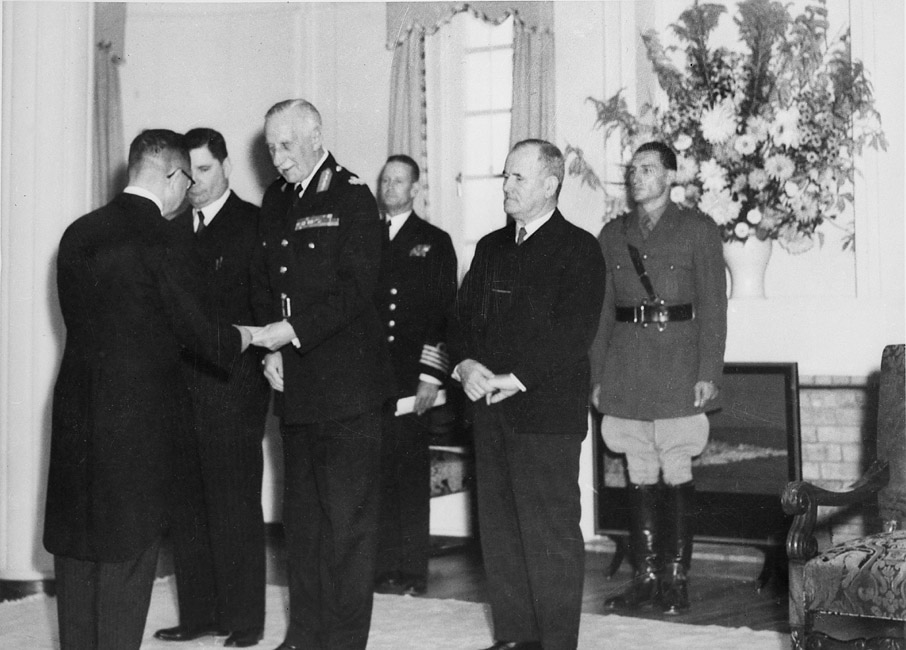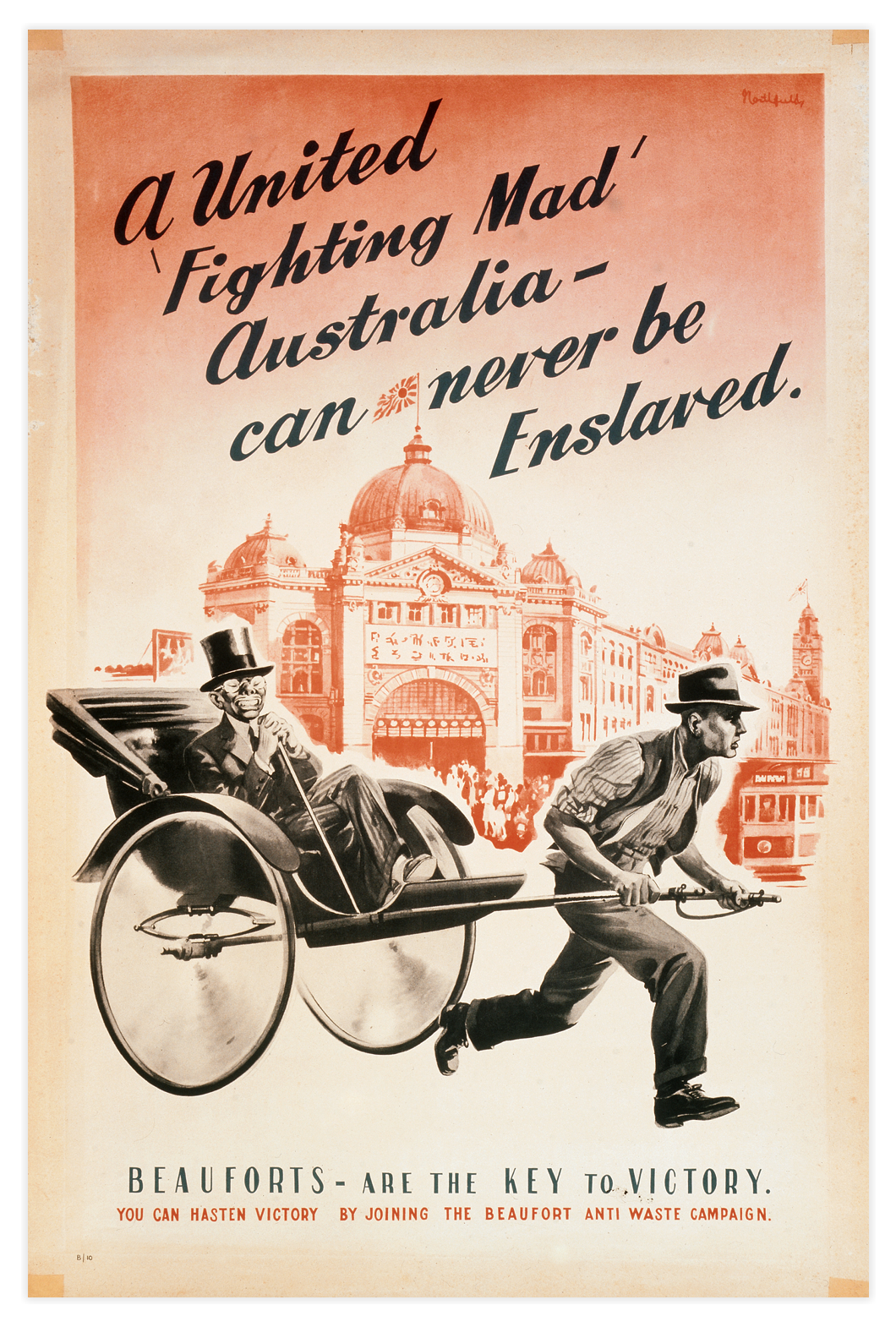29 January
London, EnglandSeveral conclusions must be drawn from our talk after dinner:
We are, in the Far East, grievously short of aircraft. Three squadrons of fighters, even Gladiators, would have a great deterrent effect upon Japan.
The army problem is principally one of material, though a turned-over Australian Brigade Group would be “most helpful”.
The absence of naval craft must encourage the Japanese.
If Japan is to take over Thailand and moves down the Malay Peninsula, we should push forward to a point already selected, even if it does mean a breach of neutrality.
This Far Eastern problem must be taken seriously and urgently. (I at once sent instructions to Australia that three-cornered staff talks should occur at Singapore at once, so that results may be cabled to us in London).
Brooke-Popham 2 is I gather active and a disciplinarian. He must ginger up these other people, who have a more garrison outlook. Why the devil these generals and people should be ignorant of and not interested in the broad principles of international strategy I cannot understand. All the talk on those aspects was by myself, with Shedden feeding me with material.
We must as soon as possible tell Japan “where she gets off”. Appeasement is no good. The peg must be driven in somewhere. I must make a great effort in London to clarify this position. Why cannot one squadron of fighters be sent out from N. Africa? Why cannot some positive commitment be entered into regarding naval reinforcement of Singapore? At this stage, misty generalisations will please and sustain the Japanese, and nobody else.
We must as soon as possible tell Japan “where she gets off”. Appeasement is no good. The peg must be driven in somewhere.


